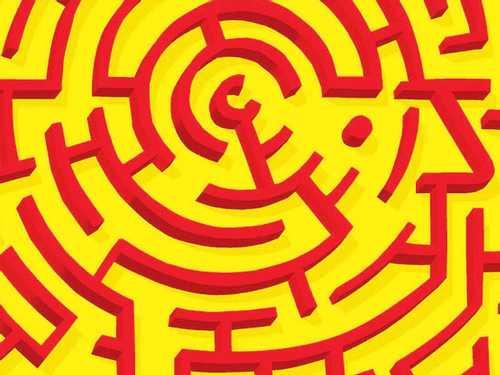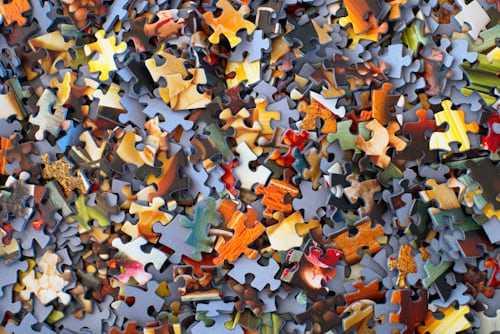Solving Puzzles Satisfies The Nimble Brain
Curated from: npr.org
Ideas, facts & insights covering these topics:
3 ideas
·2.57K reads
7
Explore the World's Best Ideas
Join today and uncover 100+ curated journeys from 50+ topics. Unlock access to our mobile app with extensive features.
Puzzles and Cognitive Abilities
People have loved puzzles since the stone age. It is a phenomenon that is now becoming a craze.
Being able to solve puzzles provides us with an ‘aha’ moment and improves our pattern recognition, memory and other cognitive skills. Puzzles help us in many diverse cognitive abilities and also helps to reverse age-related cognitive decline. The fun, satisfactory nature of various puzzles help us exercise our brains.
195
777 reads
Math And Music
The ability to solve complex puzzles involves being able to process, match and synthesize a lot of different kinds of information at the same time.
Mathematics and Music are two areas that are different yet have connections in puzzle solving.
223
1.04K reads
A Playful State of Mind
Paradoxically, the more you get inside a puzzle with seriousness and increased effort, the harder it becomes. Just like the losing chess player who is leaning too close to the board, solving puzzles is not about sheer effort, but a playful, relaxed state of mind.
Being able to be non-serious and enjoying the moment helps form the necessary connections that are hindered if the mind is in stress.
249
753 reads
IDEAS CURATED BY
Maria 's ideas are part of this journey:
Learn more about health with this collection
The power of gratitude and positive thinking
Ways to improve your mood
Simple daily habits for a happier life
Related collections
Similar ideas
4 ideas
A Systematic Approach to Solving Just About Any Problem
lifehacker.com
6 ideas
Are You Problem-Solving, or Just Worrying?
psychologytoday.com
8 ideas
Read & Learn
20x Faster
without
deepstash
with
deepstash
with
deepstash
Personalized microlearning
—
100+ Learning Journeys
—
Access to 200,000+ ideas
—
Access to the mobile app
—
Unlimited idea saving
—
—
Unlimited history
—
—
Unlimited listening to ideas
—
—
Downloading & offline access
—
—
Supercharge your mind with one idea per day
Enter your email and spend 1 minute every day to learn something new.
I agree to receive email updates

